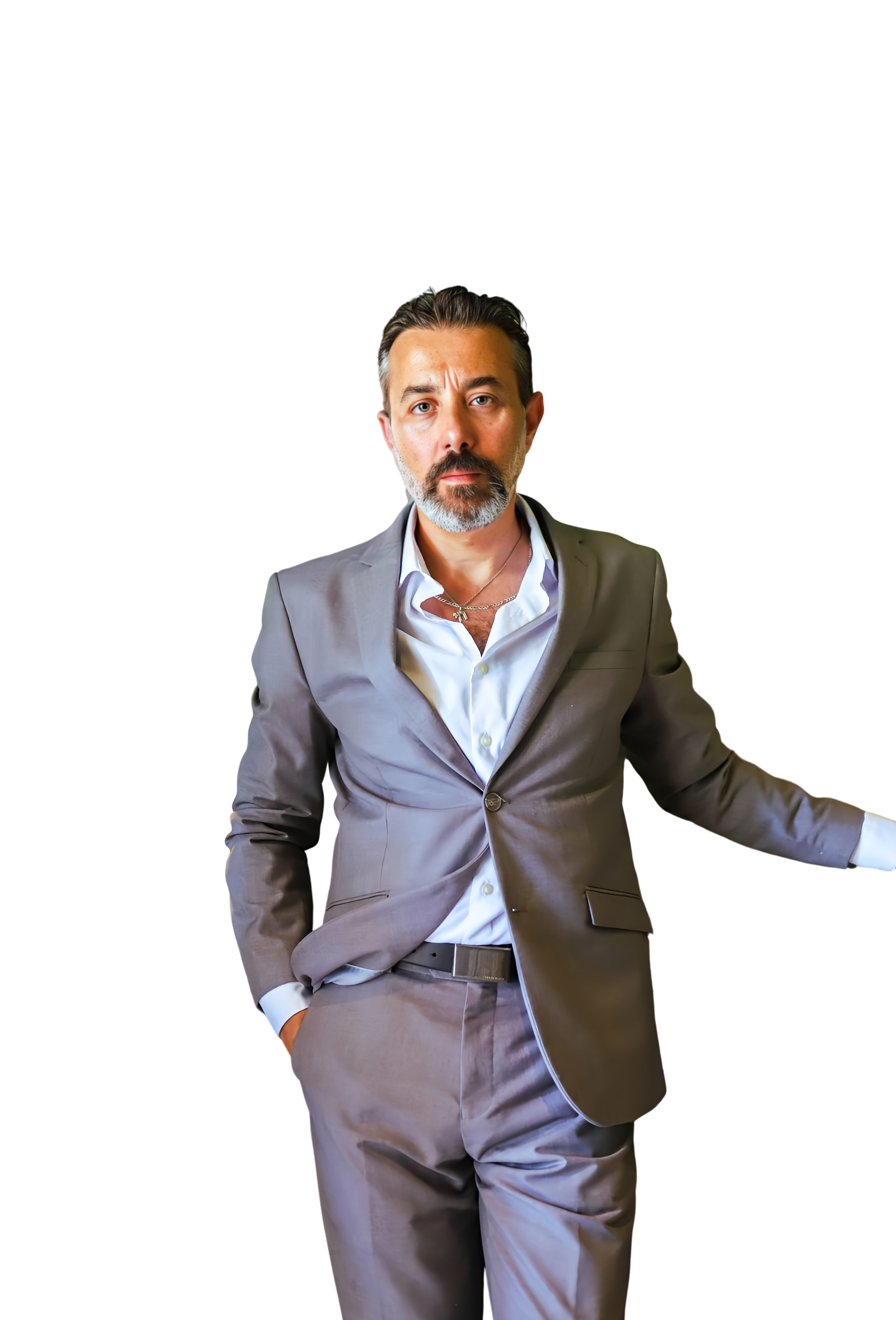The Art of Emotional Control: How to Stay Calm No Matter What Happens
- Ethan Starke
- Apr 30, 2025
- 3 min read
Updated: 1 day ago
The real test of strength isn’t how loud you can get.
It’s how quiet you can stay.
When the pressure rises, when everything feels urgent, when the world gets chaotic, most people react. They lash out. Shut down. Collapse under the weight of their own emotions.
But true power is measured not in force but in composure.
The calmest person in the room isn’t weak. They’re the one most in control.

Why Emotional Control is Rare
We live in an emotionally charged world.
Outrage, frustration, anxiety: they’re currency. They’re amplified by news cycles, social media, and a culture that rewards instant reaction over thoughtful response.
The problem? Emotions are contagious.
And when you mirror the chaos around you, you lose your advantage. You stop choosing your actions, you start reacting to circumstances.
In Emotional Agility, psychologist Susan David explains that emotional control isn’t about suppressing feelings; it’s about navigating them skillfully.
Not denying emotions.
Not bypassing emotions.
But learning to feel without being led by them.
It’s the skill of noticing an emotion rise and choosing not to let it run the show.
Case Study: Marcus Aurelius and Stoic Calm
Marcus Aurelius was Emperor of Rome during a time of near-constant crisis; wars, plagues, betrayal, political upheaval.
Yet history remembers him not for dramatic speeches or grand gestures but for his restraint. His writings, compiled in Meditations, reveal a mind trained to meet chaos with composure.
His philosophy was simple:
You don’t control what happens. You control how you respond.
Marcus wasn’t emotionless. He felt fear, anger, frustration.
But he didn’t let those emotions dictate his actions. He saw them, acknowledged them, and responded based on principle not impulse.
That calm, hard-earned, disciplined, became his greatest weapon.
What Emotional Control Builds
Mastering emotional control doesn’t just make you calm.
It makes you:
Clearer = You see situations without the haze of reactivity.
More credible = People trust leaders who stay composed under pressure.
Stronger = You’re less shaken by setbacks, criticism, or surprises.
More strategic = Calm gives you time to think, and thinking wins games.
The world rewards calm in chaos.
Because calm is a signal: This person can handle more.
How to Build Unshakeable Emotional Control
Emotional control isn’t about feeling less. It’s about managing better.
Here’s how:
1. Pause Between Stimulus and Response
When something triggers you, pause.
Breathe. Count to five. Step back mentally.
This creates a gap between what happens and what you do next.
In that gap is your power.
2. Name the Emotion, Don’t Become It
Instead of “I’m angry”, say “I’m noticing anger.”
Instead of “I’m stressed”, say “I’m experiencing stress.”
Labeling emotions creates distance.
You’re not the emotion, you’re the observer.
And observers have options.
3. Anchor to Principles, Not Feelings
Feelings are temporary. Principles are stable.
When emotions rise, ask:
“What do my principles tell me to do here, not my feelings?”
Respond based on what matters long-term, not what feels urgent short-term.
4. Visualize the Calm You Want to Project
Before entering a stressful situation, meeting, negotiation, confrontation, visualize yourself calm.
Relaxed posture.
Steady tone.
Clear mind.
Your brain rehearses what it practices. Calm rehearsed becomes calm delivered.
Final Thoughts
Emotional control doesn’t mean you don’t feel. It means you own your feelings, they don’t own you.
In chaos, the loudest voice isn’t the most powerful.
The calmest one is.
So when the pressure rises, when the world expects you to react, do the unexpected:
Pause.
Breathe.
Choose.
Because control isn’t about the world settling down.
It’s about learning how to stay steady, even when it doesn’t.
The calmest person in the room always wins.




